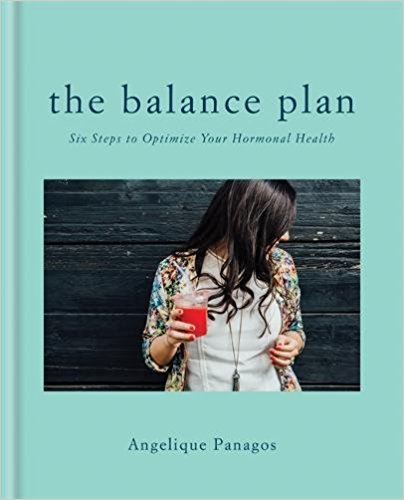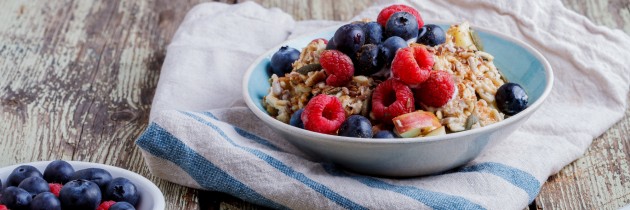Sustainable weight (fat) loss… does it exist?
January is unquestionably the season for detoxing and dieting! If you are not on a diet yourself I am sure you know a few people who are. If this ‘diet season’ happens every year then obviously we are doing something wrong – no? Wouldn’t it be nice not to say the words ‘my diet starts tomorrow’ and then follow through with the 5/6 week programme ever again?
Rather than starting yet another fad diet this January (or any other month of the year), why not think about starting a new way of eating. Something that works for you and that you can continue with not feeling deprived or wanting to cheat by eating 10 chocolate bars in one go?
There are many facets to sustainable weight loss. We have time to focus on one point, perhaps the starting point for weight loss which is to balance blood sugar.
Rather than starting yet another fad diet, why not think about starting a new way of eating to achieve sustainable weight (fat) loss
What is blood sugar?
Simply put it’s the amount of glucose (sugar) in your blood. Glucose is the preferred fuel of the body and brain and it needs to be kept within a certain range. As you eat and drink your blood sugar goes up as this happens the pancreas releases a hormone called insulin (insulin escorts glucose out of the blood into cells).
When we eat refined foods like sugar, pasta, cereals, white bread, cakes, biscuits or drink stimulant drinks like coffee, tea or cola our bodies break them down to form glucose and they enter our bloodstream quickly. This sudden rise in blood sugar causes excess insulin to be released in the body to remove the blood sugar. The result is that the sugar levels drop down below the normal range. This is when cravings set in, along with a slump in energy as the body is signalling low blood sugar levels and over time can lead to insulin resistance. Other symptoms of low blood sugar levels can include irritability, anxiety, lack of concentration, sluggishness, dizziness, headaches and thirst. The additional problem to these highs and lows is that the body also has a tendency to store excess glucose as fat (often around the middle of the body).
How can we control blood sugar levels?
Always eat breakfast – Your blood sugar is likely to be at its lowest in the morning after a nights rest. Breakfast kicks starts your metabolism, sets your hormone patterns and is crucial for energy balance. It will also help prevent cravings mid-morning where sugary snacks can become tempting.
Have protein with every meal and snack – Eating protein with complex carbohydrates in the right quantities will help to balance blood sugar levels (protein slows down the digestion of carbohydrates) and sustain energy. This in turn can help to avoid energy slumps and cravings which often mean choosing a sugary, carbohydrate snack rather than a more healthy option. Fish, meat, eggs, lentils, beans, nuts, seeds, tofu and natural yoghurt are all protein foods. Examples of meals are; an apple with a handful of nuts or seeds, oatcakes or crudités with houmous, oats with a nuts & seeds, eggs on wholemeal toast with tomatoes and mushrooms, chicken with brown rice and vegetables, salmon with sweet potato and carrot mash, lentil curry with brown rice.
Eat slow releasing carbohydrates and fibre – Avoid processed foods such as white bread, white rice, white pasta and packaged foods that are high in salt and sugar. Processed foods generally break down into glucose very quickly; this affects blood sugar balance sending blood sugar levels soaring leading to excess weight gain. Unrefined foods such as brown rice, wholemeal toast, oats, millet and vegetables are broken down into glucose much more slowly and contain necessary nutrients.
Drink pure water – Aim to drink 2 litres of water a day to help keep your body hydrated. Sometimes thirst can be mistaken for hunger so it is important not to become dehydrated. Don’t wait to drink water, drink it throughout the day.
Reduce stimulants – stimulants such as tea, coffee, cigarettes, coke and alcohol can cause the same excesses in blood sugar levels as sugar and refined carbohydrates.
Reduce stress – Try walking, swimming, deep breathing, yoga, meditation
Try these suggestions for the next 3 weeks and see how you feel, this is just the first step to sustainable weight loss. For more information on blood sugar balancing, weight loss and on supplements that are available to suit your individual needs please get in touch. Or join me on my weight (fat) loss programme
Nourishing well wishes
Angelique
Consult your doctor or health care practitioner for any health problems, before embarking on any new health regimes, using any supplements or before making any changes in prescribed medications or food programmes.













